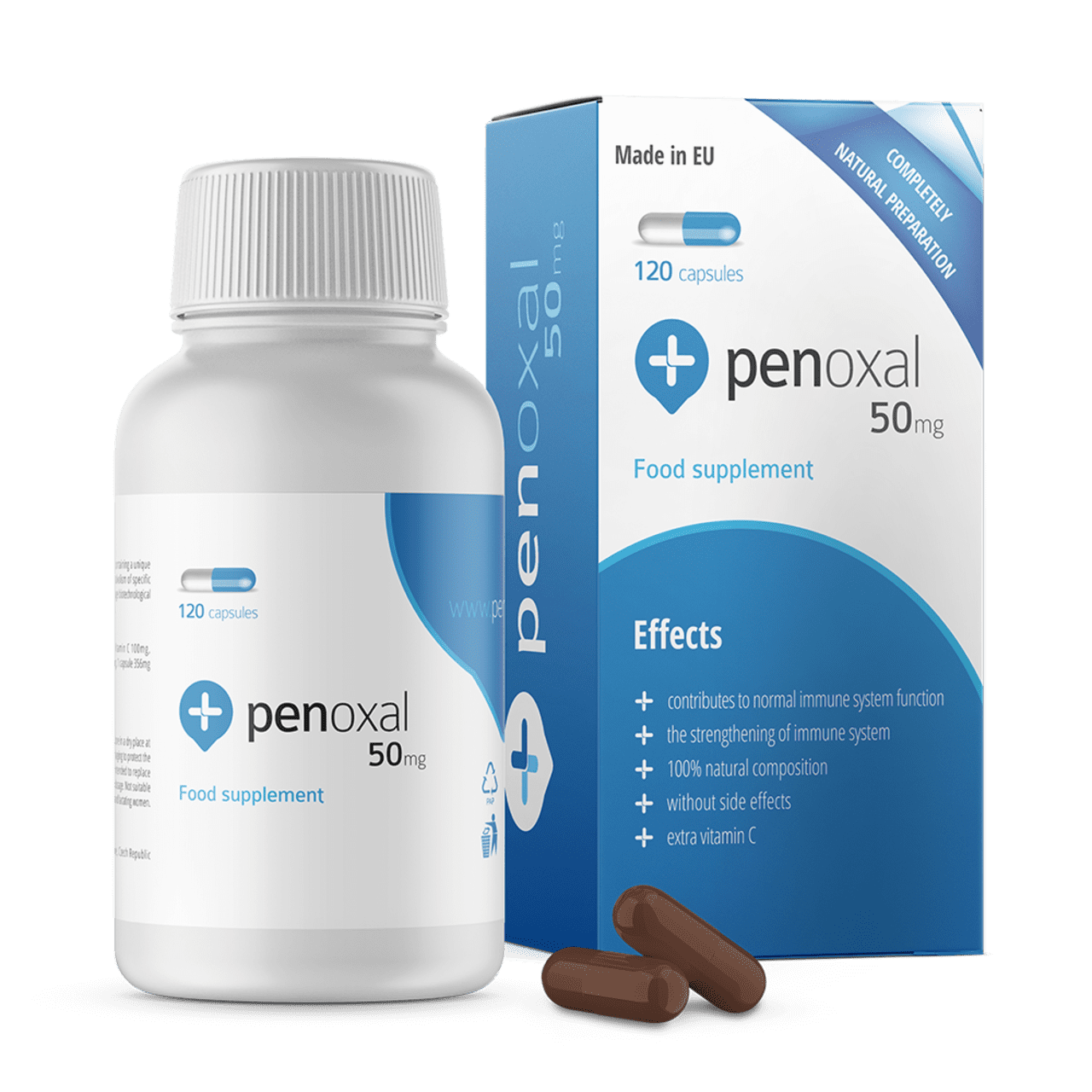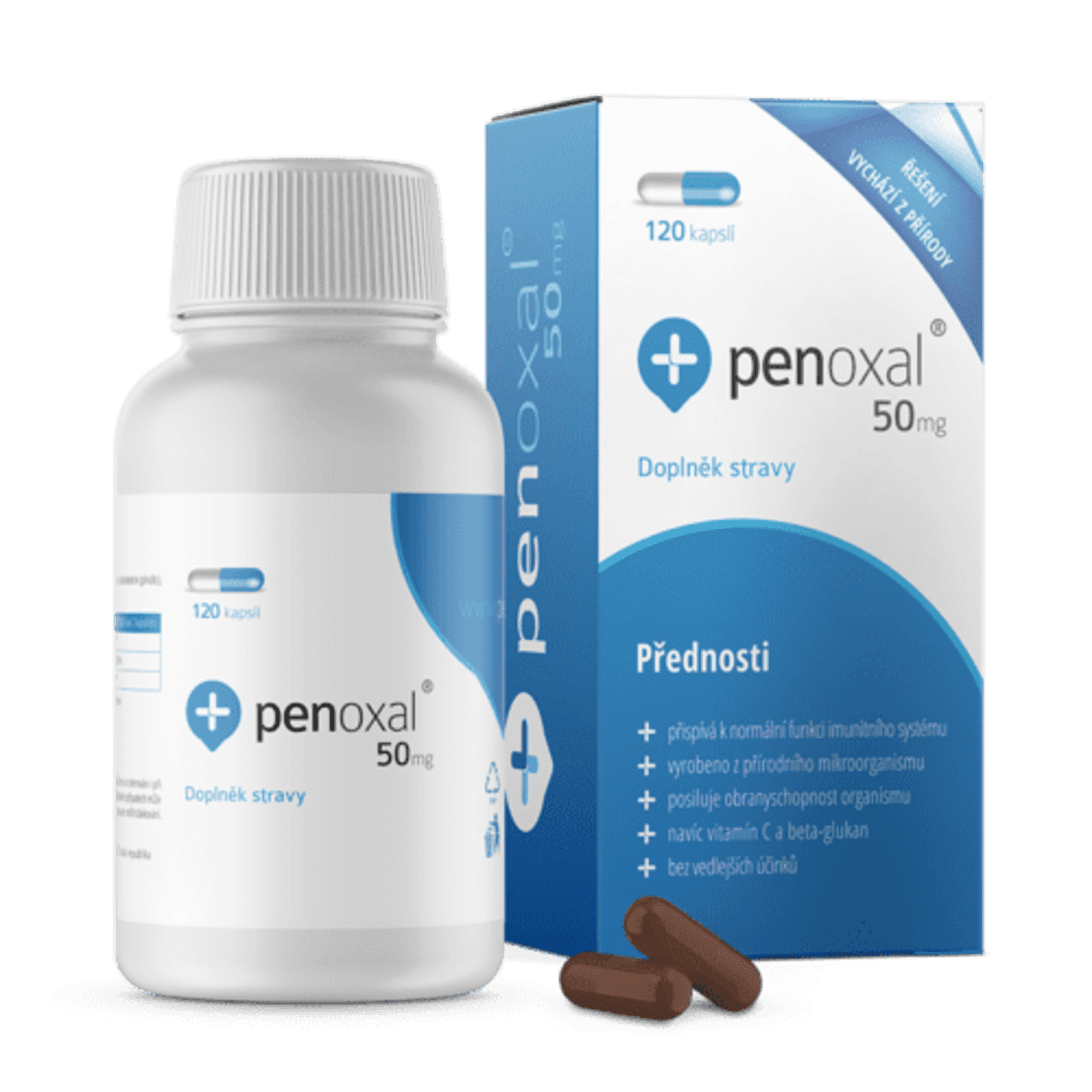I first started having issues when we were coming back home from a biking trip. Having covered 70 km, we…
Read the storyWhat is the use of Penoxal in gastroenterology?

Apart from its positive effect on the body defence mechanism Penoxal aids a healthy functioning of the digestive tract which is reflected in a healthy immune system. It promotes an optimal health of intestinal microflora. It has a positive effect on the bowel movement, which may be utilised in treatments of many diseases that lead to disruption of intestinal wall, and thus increase the risk of developing a more serious disease. Positive effects of Penoxal on digestion demonstrate that the stomach and digestive system are healthy.
The recommended dosage during gastroenterological disease is 2 capsules a day for 2 months
Professional information
M.D. Anna Galambos, Pharm.Dr. Thomas Arndt and other doctors confirm in their statements about Penoxal that it is suitable food supplement to complement gastroenterological treatments. Find out more about Penoxal users experience HERE.
We are a proud manufacturer of natural microorganism products
We focus on the production and sale of PENOXAL dietary supplement.
Our products are completely free of preservatives, artificial colors and have no side effects. They contain the active substance Biocol, which was discovered already in 1972.

Gastroenterology and Penoxal
The human body is a very sophisticated system which defends itself from damage. Digestive system is one of the most important gateways for substances essential to the body. However, apart from many essential nutrients the food can contain even various pathogens and toxic substances.
A healthy gut is thus essential for the strong and fight-capable immunity, so it deserves a regular care. Unfortunately, we only give attention to our digestive system when a problem appears – we suffer from heartburn, feeling of full and heavy stomach, constipation, diarrhoea, bloating, or pain.
Read moreDigestive disorders
Digestive tract is affected by nervous or hormonal factors and of course the diet content and the drinking regime. Waste substances and indigestible agents that are not excreted from the body can cause a great mischief in the entire digestive system. Chemically modified and unbalanced diet and alcohol cause inflammation in the bowel and stomach. Moreover, hypertension, diabetes, obesity, gout or rheumatism also contribute to digestive disorders. These factors are closely related to a potential onset of a digestive disorder. If the gut has been clogged by toxins and bacteria for a long time, this poses a risk of gall and kidney stones.
Read moreEndoscopy – Digestive Tract Assessment
Failure to prevent or overlooking the symptoms of digestive disorders may lead to a malfunction of the digestive system. These problems then result in endoscopy procedures. If symptoms point to the upper dyspeptic disorders, then the assessment usually targets oral cavity, oesophagus, stomach, pancreas, liver, duodenum, gall bladder and bile ducts. The lower dyspeptic syndromes include the small and large intestine and the rectum.
Read moreIntestinal disease
Read patient stories
I’m 40 and have spent years battling backache, going from one doctor to another. After a few MRIs and no…
Read the story18 patients with various digestive problems, such as heartburn, gastric hyperacidity, inflammation of pancreas, gall bladder and intestines. Patients…
Read the story


